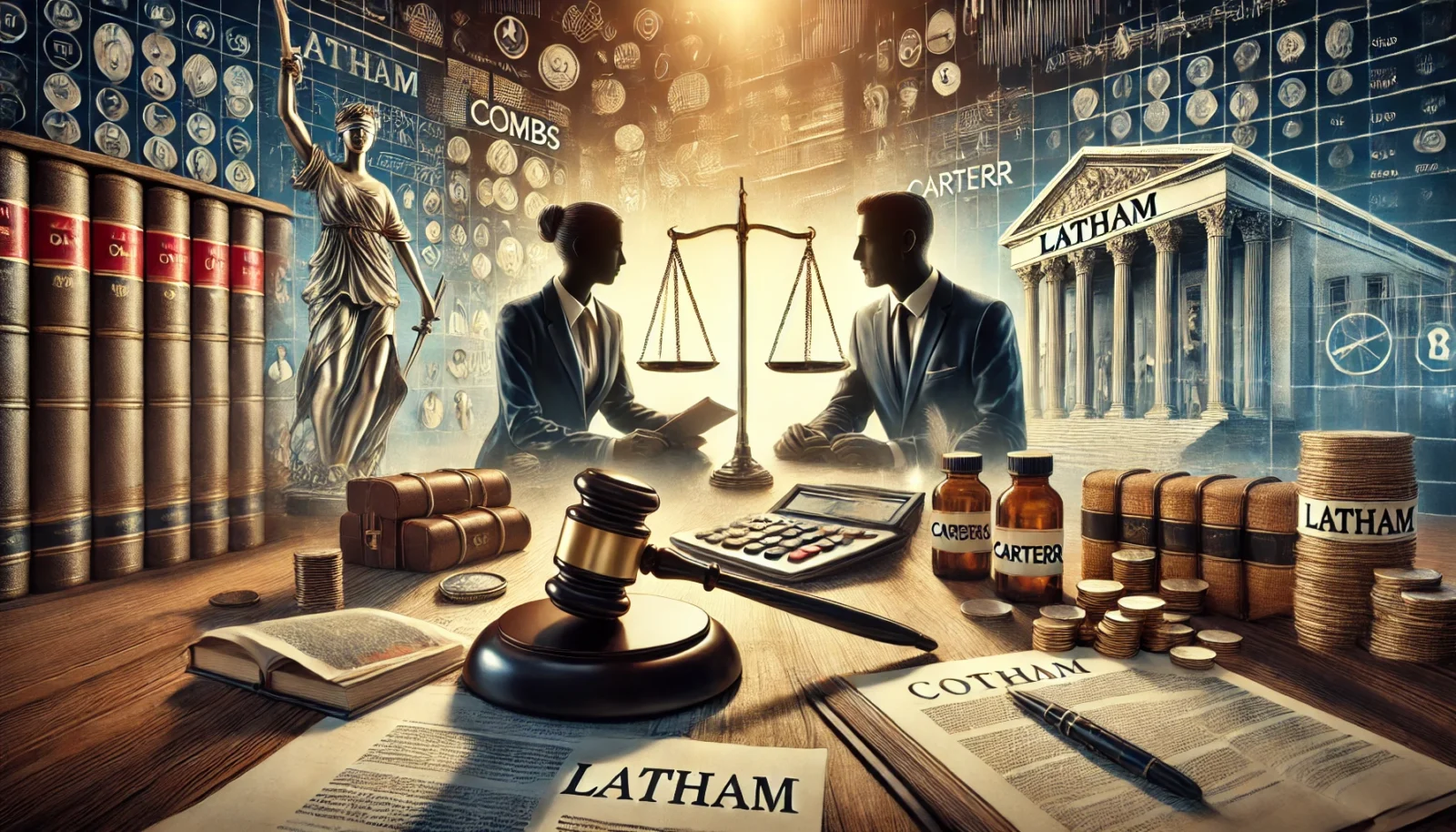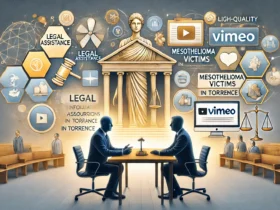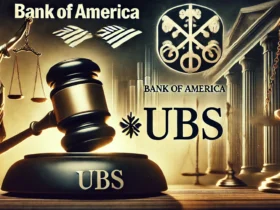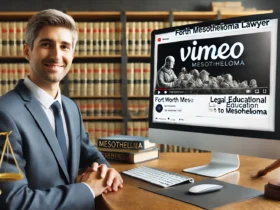Introduction to the Latham Lawsuit
Brief Explanation of What the Latham Lawsuit Is About
The Latham Lawsuit Combs Carterr involves a legal dispute between high-profile individuals and organizations over contractual obligations and possible misconduct. The case has gained attention due to the involvement of well-known figures, making it a focal point for public interest and media coverage. The lawsuit’s details center around financial disputes, allegations of fraud, or breach of contract, although the specifics vary depending on the latest court filings.
Overview of the Parties Involved: Combs and Carterr
The main parties involved in the lawsuit are Combs and Carterr, both of whom are significant in their respective industries. Combs is a prominent figure, possibly in entertainment or business, while Carterr may be a partner, associate, or competitor involved in the same field. Their connection to Latham is central to the case, as the lawsuit might stem from business dealings or collaborative projects gone wrong.
Why the Lawsuit Is Significant and Attracting Attention
This lawsuit is significant because it involves influential personalities, drawing public interest and media coverage. The legal implications may extend beyond the involved parties, potentially setting a precedent for similar cases. Additionally, the outcome could have financial and reputational impacts on Combs, Carterr, and Latham, making it a highly watched case in the business or legal world. The attention it garners is also due to the high stakes involved, whether in terms of money, influence, or public relations.
Background of the Latham Lawsuit
Events or Issues Leading Up to the Lawsuit
The Latham Lawsuit developed after a series of disputes between Combs, Carterr, and Latham. These disputes may have originated from disagreements over business partnerships, contractual obligations, or financial transactions. Tensions rose when certain terms of their agreements were not met, leading one party to accuse the other of breach of contract or unfair practices. The situation escalated when efforts to resolve the conflict privately failed, prompting the involved parties to take legal action.
The History or Relationship Between Combs, Carterr, and Latham
The relationship between Combs, Carterr, and Latham dates back to earlier business dealings or collaborations. They may have worked together on joint ventures, investments, or shared projects in their respective fields. Over time, cracks in their partnership began to show, possibly due to differing goals or financial interests. What began as a professional relationship has now turned into a legal battle as these differences grew too significant to ignore.
Key Incidents That Triggered the Legal Action
The legal action was triggered by several key incidents, including a major financial disagreement or a perceived breach of trust. One party, possibly Combs or Carterr, may have failed to fulfill their contractual duties, such as payments or the delivery of promised services. This violation led the other party to file the lawsuit, seeking compensation or a legal remedy. Specific incidents, like the signing of disputed contracts or public statements about the issue, further escalated tensions and brought the case into the spotlight.
Legal Claims in the Latham Lawsuit
What Are the Primary Legal Claims?
The primary legal claims in the Latham Lawsuit revolve around contractual issues, where one party alleges that the other breached key terms of their agreement. The claims may also include demands for damages due to financial losses caused by the breach. Additionally, there could be allegations of defamation if either Combs or Carterr made public statements that harmed the reputation of the other. Fraud or misrepresentation might also be part of the claims if one party feels they were deceived during the business transactions.
How Each Party (Combs, Carterr, and Latham) Is Responding to the Allegations
- Combs may be defending against the allegations by claiming that the contractual obligations were met or that any deviations were justified by external factors. Alternatively, Combs could be the plaintiff, accusing Carterr or Latham of violating their agreement.
- Carterr, if in a defensive position, may argue that the claims are exaggerated or baseless, or that any breach was minor and did not warrant legal action. If Carterr is the plaintiff, they may seek damages for the financial harm caused by the breach or public defamation.
- Latham may be involved as either a mediator or another party directly affected by the outcome. Their legal response could hinge on whether they played a role in the contractual issues or are defending their business practices.
Analysis of the Legal Arguments Presented by Both Sides
The legal arguments presented by both sides focus on whether the contractual terms were clearly defined and fulfilled. The plaintiff’s argument likely hinges on proving that the breach of contract resulted in significant financial harm, and they may seek damages as compensation. The defense might argue that the contract was ambiguous, that all obligations were met, or that any failure to comply was due to unforeseen circumstances. In the case of defamation, the plaintiff would need to prove that the statements made were false and harmful to their reputation, while the defense might argue that the statements were true or protected as free speech.
Both sides will need to present evidence such as contracts, communications, and financial records to support their claims. The case will likely revolve around the interpretation of the contract and whether the alleged breaches were significant enough to justify legal action.
Court Proceedings and Updates
Timeline of the Major Court Events and Filings
The Latham Lawsuit began when the initial legal complaint was filed by one of the parties, either Combs or Carterr, alleging breach of contract and seeking damages. The first major filing was the complaint outlining the specific legal claims. Following this, both sides submitted responses to the court, presenting their defenses or counterclaims. Key court events included pre-trial motions, where the parties requested the court to dismiss certain claims or strike down specific evidence. Depositions were conducted to gather sworn testimony from the involved parties.
Updates on Hearings, Motions, and Rulings
The case has seen multiple hearings to discuss preliminary matters, such as the scope of discovery and admissibility of evidence. Motions filed by both sides have sought to either dismiss certain claims or narrow the focus of the lawsuit. The court may have issued rulings on these motions, deciding whether certain evidence can be introduced or if certain claims will proceed to trial. There may also be settlement discussions taking place in parallel, as both parties explore options to resolve the dispute without going to full trial.
Current Status of the Case (If Ongoing)
As of now, the case is likely ongoing, with both sides continuing to gather evidence and prepare for the next round of hearings or possibly a trial. The court could be in the discovery phase, where documents and testimonies are exchanged between the parties to build their cases. If no settlement is reached, the case may move toward a trial, where a judge or jury will decide the outcome. The current status reflects a tense legal battle with high stakes, as both sides seek to protect their interests and reputations.
Key Stakeholders and Their Roles
The Role of Latham in the Lawsuit
Latham plays a central role in the lawsuit, likely as the organization or entity involved in the disputed business dealings between Combs and Carterr. Latham may be either a mediator or a party directly impacted by the contract breach. If Latham is part of the conflict, the lawsuit might involve financial disagreements or contractual violations related to the business arrangement between the three entities. Latham’s role is crucial, as the outcome of the case could affect its reputation, financial standing, and future partnerships.
Contributions of Combs and Carterr to the Case
Both Combs and Carterr are key players in this legal battle:
- Combs may have initiated the lawsuit or is defending against the claims, contributing key evidence such as contracts, communications, and financial records. Combs could be arguing that the breach of contract resulted in significant financial or reputational harm, seeking compensation or resolution through the courts.
- Carterr, on the other hand, is likely either defending their actions or launching the lawsuit to claim damages. Carterr might be presenting counterclaims, arguing that the agreements were fulfilled or that Combs and Latham were at fault.
Involvement of Legal Teams, Lawyers, or Experts
The legal teams representing Combs, Carterr, and Latham are playing a crucial role in shaping the direction of the lawsuit. Each side has likely hired experienced lawyers who specialize in contract law and litigation. These legal professionals are responsible for drafting motions, conducting depositions, and gathering evidence to support their client’s case. Experts may also be brought in to provide testimony, such as financial experts who can analyze the economic impact of the contractual breach or legal experts who interpret the contractual terms. The legal teams’ strategies and presentations will be key in influencing the court’s decision.
Potential Outcomes of the Latham Lawsuit
What Could Happen if the Court Sides with Combs, Carterr, or Latham?
- If the court sides with Combs, Carterr and possibly Latham may be required to pay significant damages to compensate for the breach of contract or other claims raised in the lawsuit. This could include financial settlements or specific performance, where the parties must fulfill their contractual obligations.
- If the court sides with Carterr, Combs might be liable for failing to meet contractual terms or causing harm to Carterr’s reputation or business. Combs could face financial penalties or be required to make restitution for losses.
- If the court sides with Latham, it may indicate that the organization followed the terms of the agreement and acted within legal bounds, leaving Combs and Carterr to resolve their issues independently. Latham might avoid any penalties but could still experience reputational effects depending on the nature of the claims.
Financial, Reputational, and Legal Impacts on All Parties
- Financial Impacts: A ruling against any party could result in heavy financial losses, including compensation for damages, legal fees, and possible business disruption. If either Combs or Carterr are required to pay damages, it could significantly affect their financial stability, especially if the case involves large sums of money.
- Reputational Impacts: The lawsuit could have long-term reputational effects on all parties. If the public perceives that Combs, Carterr, or Latham acted unethically or breached their agreements, it could harm their image, affecting future business partnerships or contracts.
- Legal Impacts: A ruling could also set legal precedents for future cases involving breach of contract, defamation, or business disputes. The losing party may face legal restrictions, such as being bound to a settlement agreement or required to adhere to stricter business practices.
Broader Implications for Similar Lawsuits in the Future
The outcome of the Latham Lawsuit could set a precedent for other cases involving contractual disputes or business-related legal battles. If the court rules heavily in favor of one side, it could encourage other businesses or individuals to file similar lawsuits when faced with contract breaches. Conversely, a settlement or ruling that emphasizes mediation or resolution through negotiation could push future disputes toward alternative methods of conflict resolution. This case could also impact how companies structure their contracts, ensuring more clarity to avoid future legal entanglements.
Public Reactions and Media Coverage
Reactions from the Public and Legal Experts
The public has shown significant interest in the Latham Lawsuit, particularly due to the high-profile nature of the parties involved. Many followers of Combs and Carterr are divided, with some supporting one party over the other based on personal beliefs or perceptions of fairness. Meanwhile, legal experts have weighed in, offering insights into the complexities of the case, especially regarding the contractual issues and potential precedent-setting impact. Some experts view the lawsuit as a pivotal moment in addressing disputes between business partners, while others highlight the importance of the legal claims like breach of contract and defamation.
How the Media Is Covering the Case and Its Influence on Public Opinion
The media has extensively covered the lawsuit, providing regular updates on court proceedings and analyzing the potential outcomes. Major news outlets are focusing on the financial and reputational risks at play, while social media platforms are filled with opinions and debates among followers of the involved parties. The coverage has helped shape public opinion, with some siding with Combs, seeing the case as an unfair legal battle, while others support Carterr, viewing the lawsuit as a necessary response to business misconduct. The media’s focus on key incidents, such as court hearings and legal filings, has kept the lawsuit in the public eye and heightened interest in its resolution.
Statements or Press Releases from the Parties Involved
Each party has likely issued statements or press releases to communicate their position. Combs may have released a public statement defending their actions and denying any wrongdoing, framing the lawsuit as a misunderstanding or an attempt by Carterr to gain an unfair advantage. Carterr may have responded with their own statement, outlining the reasons for the legal action and emphasizing the need for justice and compensation. Latham, if involved in a more neutral capacity, might issue a statement reiterating their role as a fair party in the business dealings, hoping to protect their reputation throughout the proceedings. These official communications help manage public perception and maintain transparency as the case unfolds.
Expert Opinions on the Lawsuit
Analysis from Legal Experts and Lawyers About the Case’s Strengths and Weaknesses
Legal experts and lawyers have analyzed the Latham Lawsuit and identified several strengths and weaknesses on both sides. For Combs, the strengths likely include solid documentation of contracts and communications that support their claims, especially if they can prove that Carterr breached the terms or failed to meet obligations. However, the case may have weaknesses if there are ambiguities in the contract language or if Carterr can prove that the breach was unintentional or justified.
For Carterr, the strengths could lie in their defense that they followed the contractual terms or that any violations were minimal. If they have evidence showing unfair practices or misrepresentation by Combs, it could strengthen their counterclaims. Weaknesses for Carterr could arise if they are unable to provide clear evidence of compliance or if Latham’s involvement complicates their case.
Predictions on How the Case Could Unfold
Many legal experts predict that the Latham Lawsuit may result in a settlement rather than a full trial, as both parties might prefer to avoid the financial and reputational risks of a drawn-out court battle. If the case does proceed to trial, experts suggest it could hinge on the clarity of the contractual terms and the ability of both sides to present compelling evidence of either breach or compliance. Depending on the strength of each party’s arguments, the court could award damages to either Combs or Carterr, or rule in favor of Latham if they are deemed to have acted appropriately within the terms of the agreement.
Broader Legal Context Around the Issues in the Lawsuit
The Latham Lawsuit fits into a broader legal context surrounding contract law and business disputes. Cases like this one are not uncommon in industries where high-profile individuals or companies work together on major projects. The case highlights issues such as contract enforcement, defamation, and misrepresentation, which are common in business partnerships that break down. Legal experts note that this case could set a precedent for how similar lawsuits are handled, especially when it comes to balancing the enforcement of contracts with the need for flexibility in business relationships. It also raises questions about how public figures handle legal disputes and the impact of media coverage on legal outcomes.
Impact of the Latham Lawsuit on Business or Industry
How the Lawsuit Is Affecting the Business or Industry in Which the Parties Operate
The Latham Lawsuit has caused a ripple effect in the business or industry in which Combs and Carterr operate, especially if they are key figures in sectors like entertainment, finance, or technology. The lawsuit may be disrupting ongoing business ventures and projects, as partners and collaborators might hesitate to get involved until the case is resolved. The uncertainty surrounding the outcome has likely caused a temporary slowdown in new deals or initiatives involving either party. Additionally, the public nature of the lawsuit could be tarnishing the reputations of Combs, Carterr, and Latham, affecting their standing with clients, investors, or other industry stakeholders.
Possible Changes to Business Practices, Policies, or Relationships as a Result
As a result of the lawsuit, companies and individuals in the industry may begin to reassess their business practices and contractual agreements to avoid similar disputes in the future. Some possible changes could include:
- Stricter contract terms: Businesses may implement more precise, clearly defined contracts to prevent ambiguities that can lead to legal conflicts.
- Enhanced dispute resolution mechanisms: More emphasis could be placed on alternative dispute resolution methods, like mediation or arbitration, to resolve issues without resorting to litigation.
- Cautious business partnerships: Companies and individuals may become more selective in forming partnerships, conducting thorough due diligence to ensure that all parties are on the same page before entering into business deals.
- Legal safeguards: Businesses may seek to include additional legal safeguards in contracts to protect themselves from defamation or reputational damage during disputes.
The lawsuit could ultimately serve as a wake-up call for others in the industry to take preventive measures, leading to a more cautious and legally protected approach to collaborations and partnerships.
Conclusion
The Latham Lawsuit between Combs, Carterr, and Latham highlights the complex intersection of business partnerships, contractual obligations, and reputational risks. As the case unfolds, it has already had significant impacts on the parties involved, the business environment in which they operate, and public perception. The outcome of the lawsuit could set important legal precedents and influence how contracts are drafted and enforced in the future. While the case may resolve through settlement or a full trial, its implications for business practices and legal disputes will likely be felt across the industry for years to come.
Read For More Amazing Blogs Law Firm Genius.
















Got a Questions?
Find us on Socials or Contact us and we’ll get back to you as soon as possible.